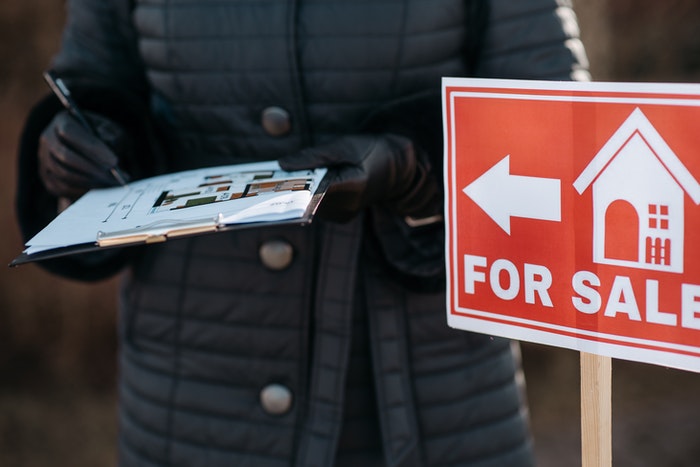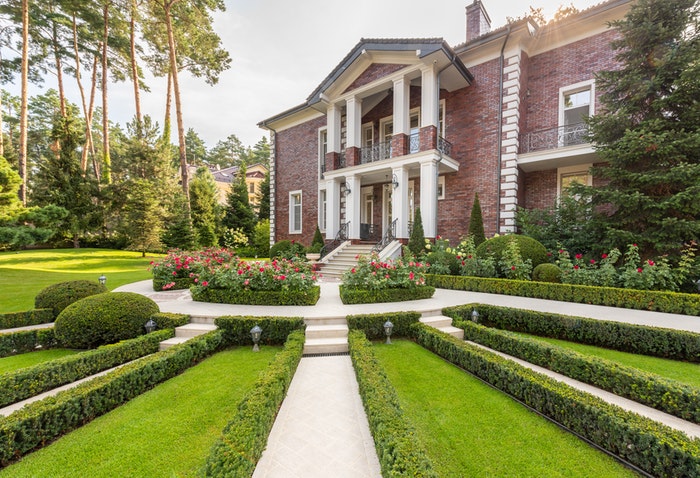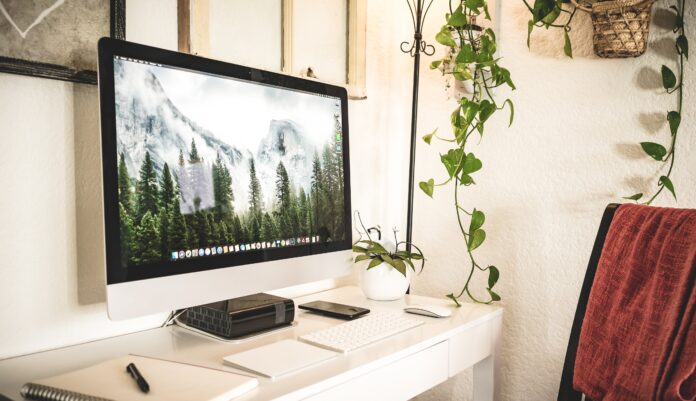The housing market was red hot in 2021, making it difficult for first-time and experienced home buyers alike to get good deals. Many houses have sold for well above the asking price, which may make you ask, “Should I really pay more for a house that isn’t perfect?”
That’s a question that people have been asking for generations, and one that spawns more questions. What would it cost to add another bathroom? How could you rearrange the cabinets in the kitchen for more space? Could you enclose the patio? And what about a home office? Each of these changes translates to more money on top of your initial purchase price. As the proposed costs mount, many buyers wonder if it is cheaper to build a house from the ground up.
Of course, if you’re just looking to add a home office space to an existing home, the answer is clearly “just buy a house and put a desk somewhere” rather than build something from the ground up. But If you have other considerations in mind, it’s worth comparing the two paths to home ownership.
Is it cheaper to build or buy a house? It’s a tough question, but many potential home buyers are asking it. It’s an especially relevant question today in a post-COVID-19 world, when many people have left the traditional workforce, are seeking greater flexibility, or are considering (or have already) moved out of city centers and into areas with more space. If you’re a home business owner who wants to create a home office environment that best suits you, the answer to that question may dictate the direction and timing of your plans.
In this piece, we break down the costs associated with buying and building to help you make a more informed decision about which route to pursue.
What are the costs of buying a house?
As of June 2021, the median cost for an existing single-family home was $370,600 according to the National Association of Realtors, up almost 1.5% over the previous month. That’s the sign of a hot nationwide market, especially since the median cost in June 2020 was just $297,900.
Purchase price is the largest cost associated with buying a house, but it’s far from the only cost. You also have to consider the age of the home and how it was cared for by the previous owner.
When you move into a new home, you won’t have to worry about purchasing brand new appliances or essentials like HVAC or plumbing systems. You will, however, have to consider how old those things are. Furnaces tend to last about 20 years, HVAC systems last 15 years, roofs 25 years — if your new home is at the tail end of these durations, you might have to budget for a major expense right after moving in.
Pros of buying a house
- Potential bargaining power: It’s not always possible, but if you’re interested in a home that has been on the market for a long time, you might be able to negotiate to get a better purchase price. You can also use information about the neighborhood — say, if a similar home on the same street sold for $50,000 less — to justify a lower offer.
- Fewer major additional purchases: As mentioned before, the typical existing home has all the electrical, plumbing, and HVAC systems you need in place. They might be old, which could cause a problem later, but in most cases you won’t need to immediately replace anything major.
- Less red tape: Real estate deals involve the buyer, the seller, attorneys, and real estate agents. What they usually don’t include is the local government. If you’re building a house from scratch, you can bet you’ll spend a lot of time navigating bureaucracy and zoning rules.

Cons of buying a house
- Competition: The median home price has shot up over the past year because there is so much competition in the marketplace.
- Old appliances and systems: Again, depending on the age of the property and care of the previous owner, an existing home might not be in the best shape. That may lead to additional costs unless you negotiate with the seller to make repairs/replacements before you move in.
- It’s not yours until it is: Chances are, you’re not the first person to live in an existing home. People have likely made changes or additions over the years that you don’t love. You also might find you can’t make all the changes you want either because of how the house is structured, historical rules, or something else.
What are the costs of building a house?
There are many more line items when building a house than when buying one. HomeAdvisor has broken down the building costs for 2021 like this:
- Land and site work: $3,300 – $40,000
- Foundation: $34,000 – $87,000
- Major systems: $23,000 – $63,000
- Exterior finishing costs: $10,000 – $60,000
- Interior finishing costs: $33,000 – $157,000
- Total cost to build a home: $103,000 – $407,000
This is a huge range that depends on myriad factors, from building and permit requirements of your local and state governments to the materials you use. Also, bear in mind that this list doesn’t include the cost to acquire the actual land to build your house on. Maybe you inherited it, maybe it costs an additional $200,000 — it all depends on where you want to build.
Pros of building a house
- You get what you want: When you build a house, you’re in charge. You’re making all of the decisions on how the house looks, how it’s constructed, the type of flooring — you name it. It’s a house made-to-order. This is especially helpful if you want to ensure your home has space for a studio or office out of which to run a business.
- No house hunting: The house hunting process can be a huge pain. From searching through a finite supply of homes in your price range to getting caught up in bidding wars to not getting the house you really want, it’s not all fun and games. Building a house avoids the competition and searching.
- Can be less expensive to live in: New construction tends to be more energy-efficient, and you can also make building decisions to maximize natural heating or cooling systems.
Cons of building a house
- It takes longer: Not only will you have to wait for the house to take shape, but it can take months to find the land, draw up blueprints, identify the right builders, navigate through government requirements, and more. If you’re paying rent for all that time, it makes the process even more expensive.
- More decisions: Customization isn’t always a blessing. Overseeing a building project requires a lot of decision-making, often with a lot of money on the line. It’s hard to focus on new construction when you’re busy with work or your family.
- Contractor and budgeting issues: It’s hard to pinpoint exactly how much a new construction will cost. Contractors may estimate the cost of construction too low and then foot you with a larger bill than you planned for. Changing materials costs due to external economic factors might also drive up the construction price, running over your budget.

Is it cheaper to buy or build a house?
There’s no easy, direct answer to whether it’s cheaper to buy or build a house. It depends on where you are, what the market is like, the amenities you want, and numerous other factors. Because of how difficult it is to stick to a budget when building a house, it is usually less expensive (and easier) to buy an existing house. But if you know what you want and appreciate the complex budgeting, planning, and design process it takes to build a house, you can still do it cost-efficiently.
Find a Home-Based Business to Start-Up >>> Hundreds of Business Listings.















































